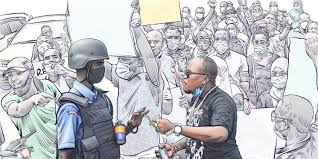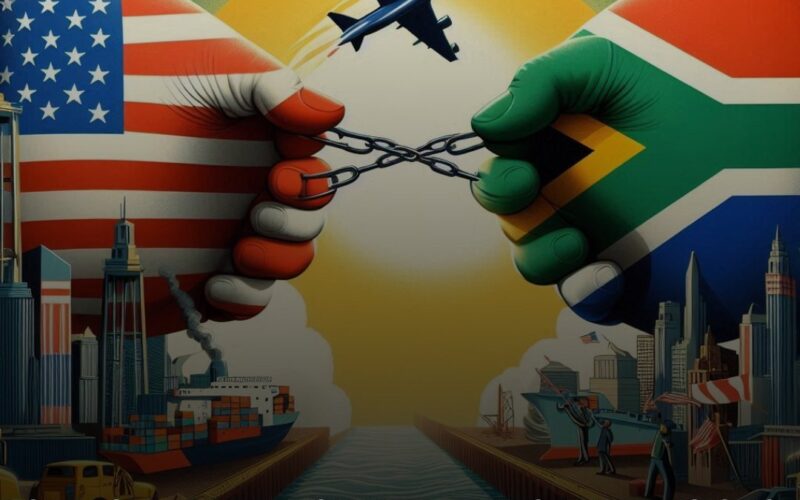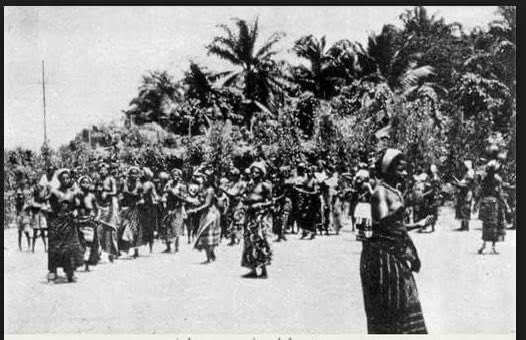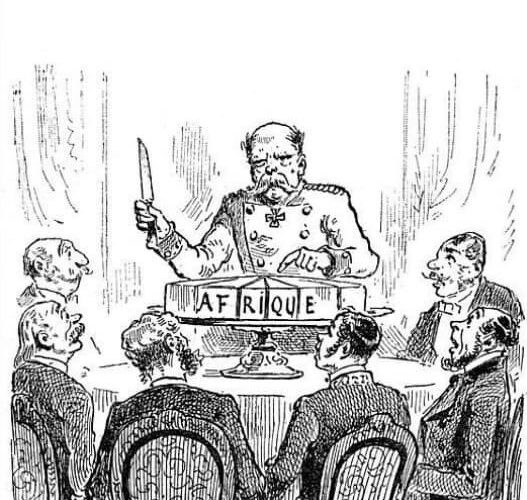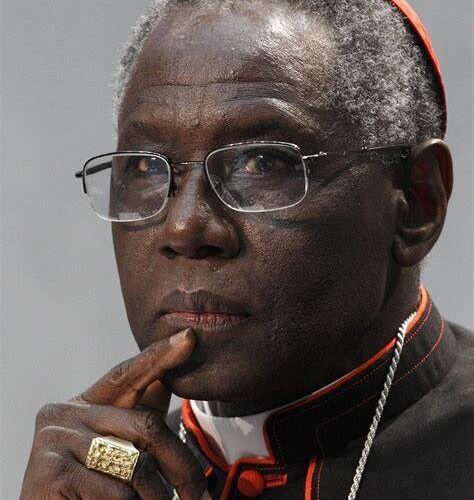
Black American Aesthetics and Their Entrenched Influence on Young Japanese Hip-Hop Culture
The global reach of hip-hop is an undeniable phenomenon, a testament to its raw energy, versatile adaptability, and profound capacity for self-expression. Born from the crucible of African American and Latino communities in the Bronx, New York, in the 1970s, hip-hop rapidly transcended geographical boundaries, evolving from a marginalized subculture into a dominant global force. Among the many nations that embraced and reinterpreted hip-hop, Japan stands out as a particularly fascinating case study. The relationship between Black American aesthetics and Japanese youth culture, particularly within the realm of hip-hop, is complex, deeply entrenched, and rich with layers of admiration, adaptation,…




